The Bank of England has signalled the possibility of a recession later this year when inflation is likely to reach 10%.
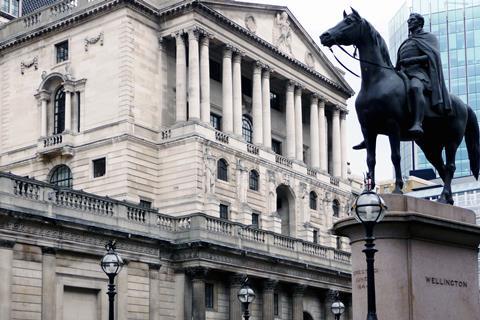
The Bank’s sombre outlook will prompt fears among many retailers that consumers will seek to cut discretionary spending as they struggle to navigate the cost-of-living crunch.
An inflation rate of 10% would be the highest since 1982 and has been driven by factors including supply chain disruption following the pandemic and Russia’s invasion of Ukraine, which has added to pressure on energy prices.
The economy is expected to contract later this year and remain weak into 2023. Bank governor Andrew Bailey warned of tough times to come for many.
He said: “I recognise the hardship this will cause for many people in the UK, particularly those on the lowest incomes, often with little or no savings, who are hit hardest by increases in the prices of basic necessities like food and energy.”
According to the Bank: “Household disposable income is projected to fall in 2022 by the second largest amount since records began in 1964.”
Bailey added: “We’re walking a very narrow path now between inflation on the one side, which is much higher than we want it to be, and on the other side very big external shocks which are causing a big loss of real income for people and businesses in this country.”
The Bank raised interest rates to 1% – the highest since 2009.




















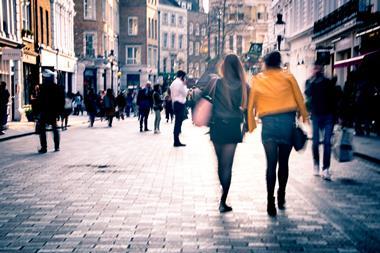
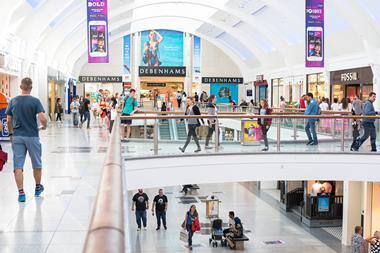
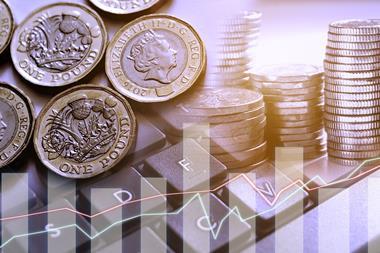

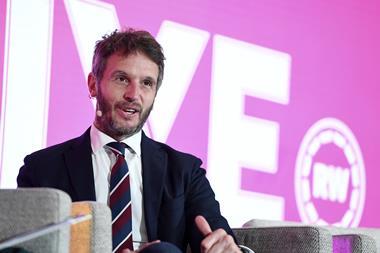

No comments yet